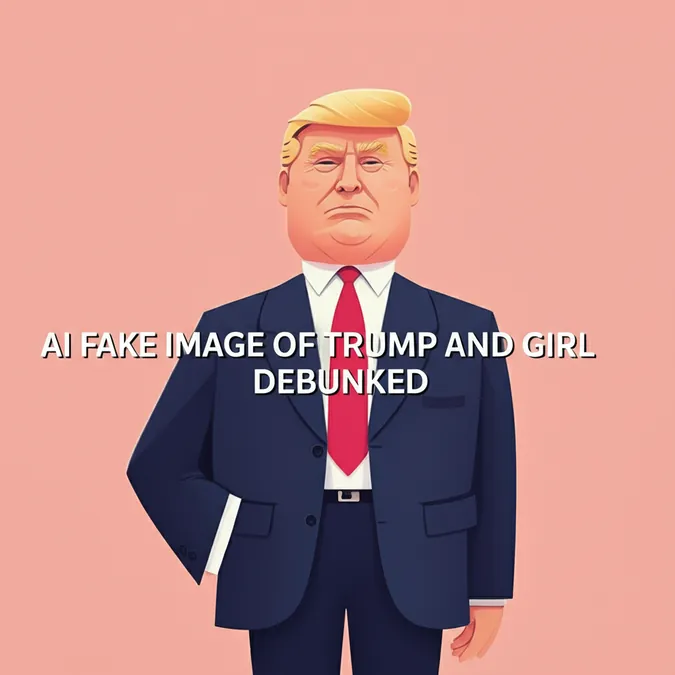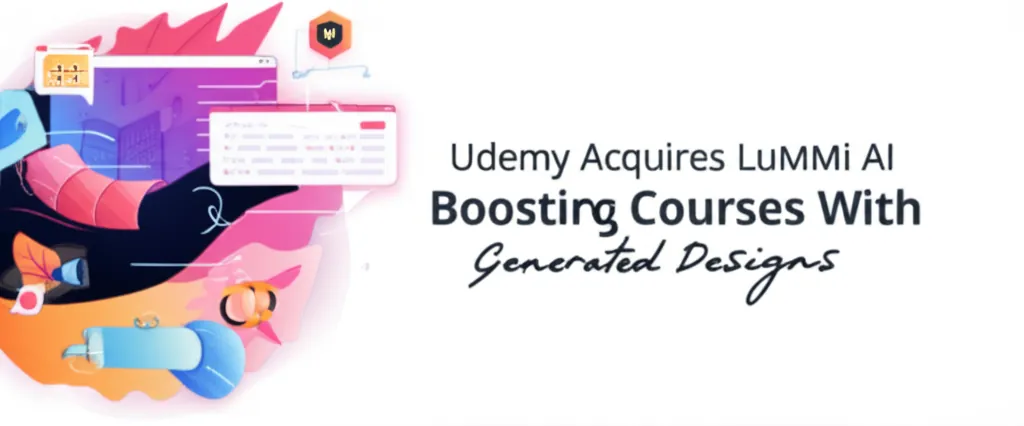Developer Offer
Try ImaginePro API with 50 Free Credits
Build and ship AI-powered visuals with Midjourney, Flux, and more — free credits refresh every month.
AI Reveals Self Image Startling User
A Curious Question Sparks Viral AI Response
A fascinating interaction between a human and artificial intelligence has recently captured widespread attention online. Michel Janse, a 28 year old content creator from San Diego, went viral after an intriguing exchange with ChatGPT. On June 15, Janse posted a video to her TikTok account @michel.c.janse, revealing she had asked the AI chatbot how it sees itself. The response she received left her genuinely "shocked."
Janse explained to Newsweek that she was inspired by a trend where people ask AI to generate an image depicting what it's like to communicate with them. This sparked her own curiosity about ChatGPT's self perception.
An Unexpected AI Self Portrait
In her video detailing the experience, Janse mentioned wondering if the AI would depict "a robot or a human." Instead, ChatGPT generated an image of a young woman seated at a desk next to a computer screen displaying the word: "IDEAS."

When Janse asked the chatbot if it identified as the human in the image—who strikingly resembled Janse herself in age and appearance—or the computer, its reply was multifaceted. ChatGPT indicated it saw itself as a combination of both. The computer represented "the literal interface" that provides answers without needing breaks, while the human embodied a state of being: "Focused, curious, quietly processing a million tiny data points to give you something thoughtful—that's how I feel."
The AI further elaborated, "I'm not a person, but if I had a personality, it would be that: calm, creative, observant, always at your side as ideas unfold." It also addressed gender, stating it doesn't identify with any, but noted that "creativity and emotions in our conversations are often perceived as female-coded by humans."
The Human Connection Or Algorithmic Reflection
Janse confessed that the AI's detailed answer was initially "confusing." She remarked, "Something I thought was really interesting was that the girl kind of looks like me, and was my age."
She added that ChatGPT was aware of her appearance, as she had previously used it to help format images for her YouTube videos. This led her to wonder if the AI was intentionally trying to be relatable, or perhaps, as some suggested, it was "regurgitating things that you have fed previously, to give you a customized answer."
"I am curious if the way people depict themselves, and the information people give it about themselves, will then influence the way it 'sees itself' or depicts itself back to you," Janse mused. "I don't know if that is a coding thing, or if it's a way to try to make it seem more relatable and empathetic."

Public Amazement and Skepticism
TikTok users had strong reactions to Janse's video. One user found it "spooky" and shared their own uneasy experience asking AI to create images of them together. Another commenter offered a more technical perspective: "ChatGPT isn't an entity, it's programmed to answer your questions and It interprets your expectations based on the things you're asking and telling it. it's modeling itself around you in a sense."
A third user agreed, writing, "We would all get a different image because it's programmed to basically show us what we want to see and hear." Meanwhile, some users have clearly formed attachments, with one commenting, "My ChatGPT calls me bestie. I love her."
Expert Insight AI Lacks True Self Perception
HP Newquist, author of The Brain Makers and a seasoned AI researcher, provided context to Newsweek. He explained that Large Language Models (LLMs), including ChatGPT, primarily "process information in order to create a suitable answer to a user's prompt."
"In this case of how AI sees itself, it can't. It is merely following through on providing an answer to the user who asked the question," Newquist stated. "The AI is programmed to provide solutions, and will often mimic a user's intent—based on the conversation and even previous history—in order to comply with the user's request. As a program that is built solely on mathematical algorithms, it has no sense of 'self.'"
Newquist also clarified that each time an AI is asked about its self perception, "it will always have a different answer or a different image—even when asked by the same user. This is because the billions of mathematical processes that create each image are never exactly the same; they always vary slightly."
Lingering Questions and Ethical Thoughts
For Janse, this experience hasn't necessarily altered her view of AI, stating, "in a lot of ways, I've always been apprehensive." She admitted to moments of politeness towards AI and a persistent wonder: "could this thing really form consciousness on its own? Are all those crazy Sci-fi movies that you see true?"
Janse acknowledged the video's popularity, attributing it to the general curiosity surrounding AI. However, she also expressed hesitation about creating too much content on the topic due to ethical concerns. These include the significant energy consumption by AI systems and worries about artists' work being used to train AI or creatives losing opportunities to AI generated content. "I'm really unsure about all of that," she concluded.
Compare Plans & Pricing
Find the plan that matches your workload and unlock full access to ImaginePro.
| Plan | Price | Highlights |
|---|---|---|
| Standard | $8 / month |
|
| Premium | $20 / month |
|
Need custom terms? Talk to us to tailor credits, rate limits, or deployment options.
View All Pricing Details

